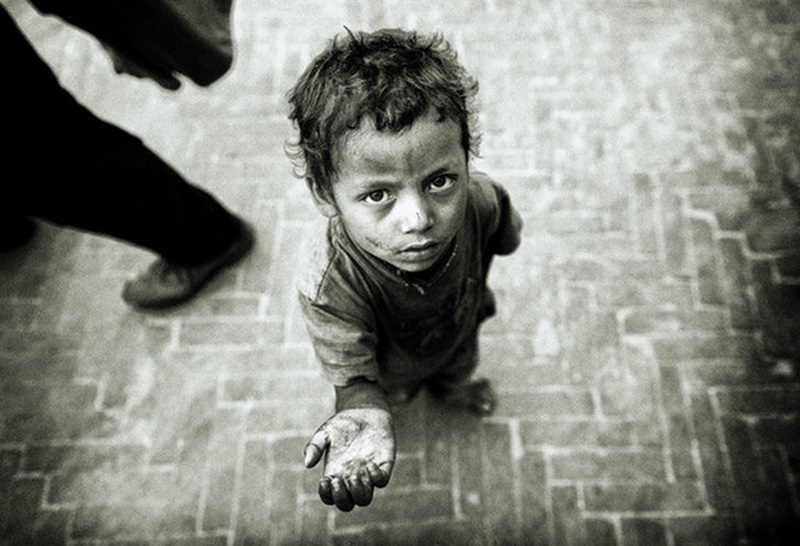Tiago 2:26
“Porque, assim como o corpo sem o espírito está morto, assim também a fé sem obras é morta.”
Quando aceitamos a Cristo verdadeiramente em nossos corações, iniciamos um processo de mudança que tem, entre outros aspectos, fazer o bem ao próximo. Amamos a Deus sobre todas as coisas e ao próximo como a nós mesmos, isso implica em dividir o que temos com aqueles que nada tem. Começamos a nos preocupar com os necessitados e ajudá-los verdadeiramente.
Isso não significa que temos que nos esforçar para fazer boas obras, porque isso é uma consequência natural do cristão verdadeiro. Quando você crê em Cristo o Espírito Santo de Deus passa a habitar em você trazendo este tipo de “vontade de fazer o bem”. Ele nos convence do pecado, para passarmos a lutar contra o erro e desperta esse sentimento de compaixão com as pessoas em situação de necessidade.
Muitas pessoas pensam que precisam se esforçar para fazer o bem e, na verdade ainda não creram verdadeiramente. Para ter fé, é preciso ler a bíblia e ter uma constância de oração. Crie um relacionamento verdadeiro com Deus, invista tempo nisso e você verá que, como consequência, os frutos do Espírito virão naturalmente.
